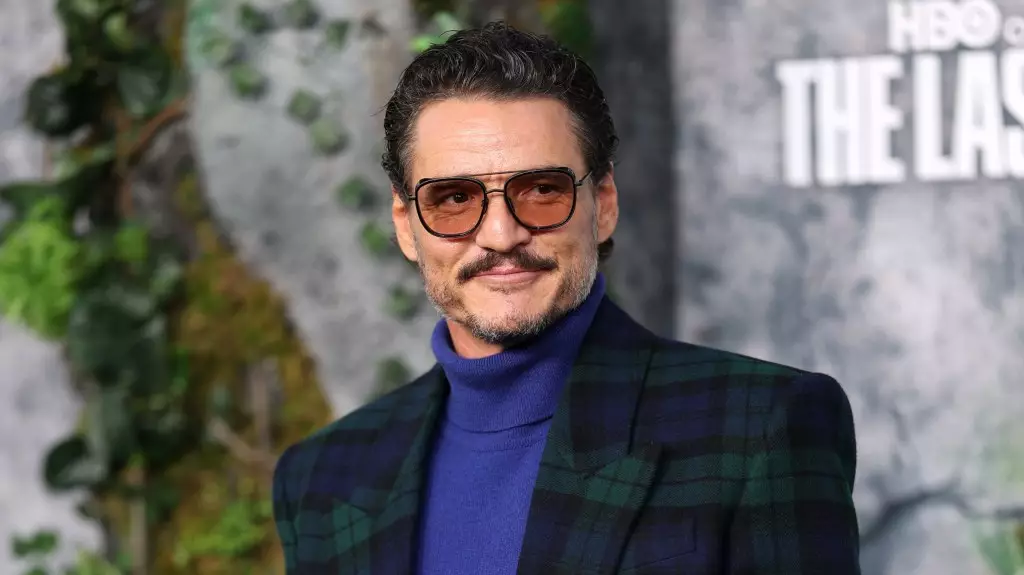In a world where every reboot seems like a rehash of nostalgia, Pedro Pascal’s admission of intimidation at stepping into the illustrious role of Reed Richards in “The Fantastic Four: First Steps” feels alarmingly refreshing. This isn’t just another blockbuster; it’s the fourth attempt to capture the heart of a beloved comic series, and in the era of cinematic universes, it comes with enormous stakes. Pascal’s vulnerability reveals an artist aware of the weight of fan expectations and the history surrounding these characters. The atmosphere of retrofuturism set in the ’60s adds another layer of complexity, challenging the cast not only to perform but to embody a nuanced culture that resonates deeply with both old fans and newcomers.
Expectations and Authenticity—Walking a Tightrope
It’s painfully easy to forget that actors are not merely vessels for storytelling but also individuals wrestling with anxiety and expectation. Pascal expresses that he’s been through similar journeys with established franchises like “Game of Thrones,” “Narcos,” and “Star Wars.” Yet, it’s troubling to consider why actors must consistently subject their mental health to public scrutiny, all while striving to meet impossible ideals. This narrative suggests that the real menace lies not just in portrayal, but in the unrelenting demand to “top” previous accomplishments. Fans should appreciate Pascal not just as an actor playing a character, but as a human navigating his own set of pressures.
Jonny Storm’s Cultural Shift
Co-star Joseph Quinn’s mental leap into the modernized representation of Johnny Storm sparks excitement but begs the question: why has it taken so long for such transformations to materialize in mainstream media? Quinn’s characterization reveals a self-aware hero, departing from the egregious tropes of past portrayals that have fostered harmful ideals of masculinity. The fact that this shift came under the guidance of MCU head Kevin Feige hints at a changing perspective in Hollywood—one that is slowly moving away from outdated constructs. If this evolution can lead to richer characters and more meaningful storytelling, then perhaps such adaptations are necessary, if not overdue.
The Responsibility of Storytelling
The enormity of Pascal and Quinn’s roles invites us to reexamine our relationship with superhero narratives. The onus of storytelling shouldn’t solely be on actors and writers; audiences must also engage critically. With powerful figures like Pascal expressing trepidation, fans should delve deeper into the material they consume, acknowledging the fine line between casual entertainment and the sacred art of character development. To appreciate modern retellings, viewers must shed antiquated expectations that often box characters into simplistic archetypes.
The dynamics at play in “The Fantastic Four: First Steps” illustrate not just the power of reinvention but highlight the daunting journey of reclaiming narratives that influence societal views. The stakes have never been higher, and as anticipation builds toward its release, one can only hope that both Pascal and Quinn’s performances transcend the ordinary, reaffirming that even in the realm of superheroes, compassion and depth can—and should—take precedence over mere action and spectacle.


Leave a Reply